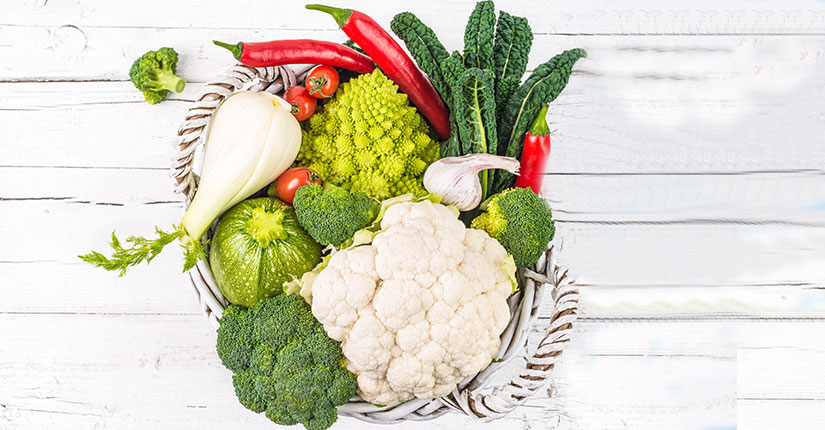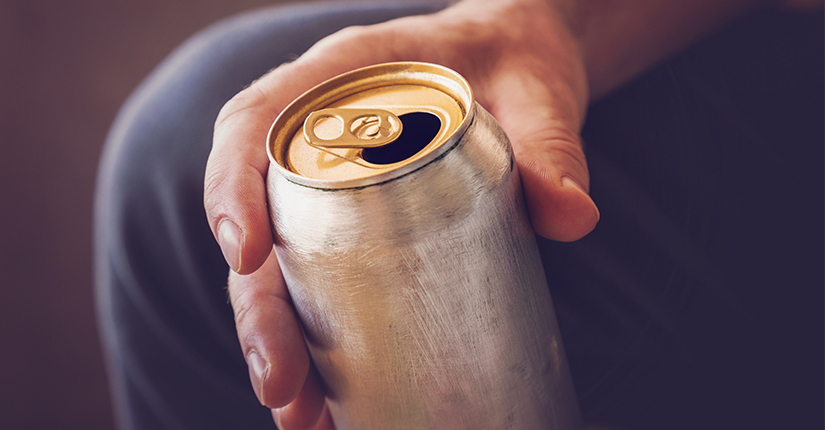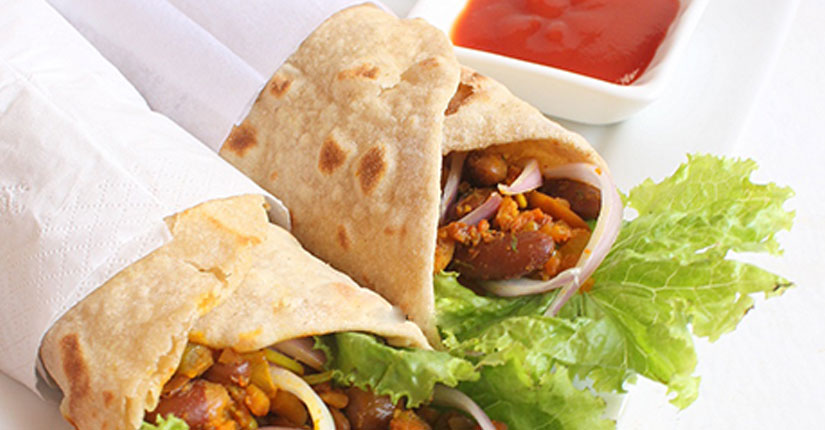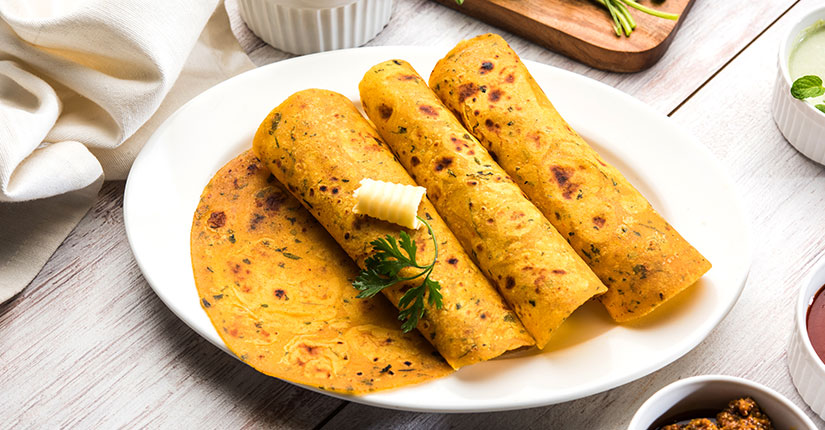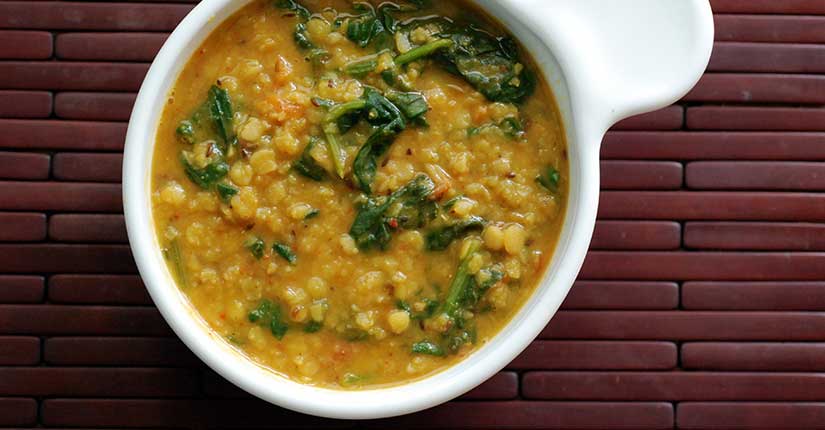Here’s How Red Meat can Potentially Damage Your Health
By Nmami Life Editorial 14-Dec 2020 Reading Time: 4 Mins
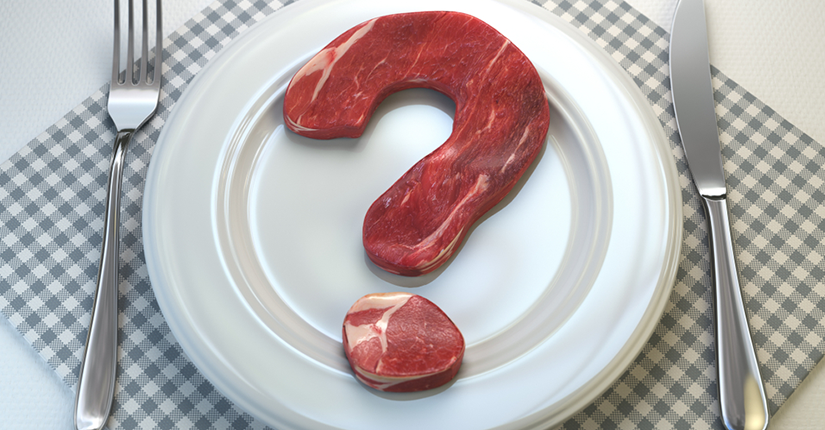
Many health experts have mentioned the benefits and risks of eating red meat in an attempt to determine whether it is bad or good for our health. So far, results have been mixed.
Red meat is considered to be a good source of vitamin B and protein and has been a key part of the human diet but, higher intake of red meat can result in a number of health problems such as type 2 diabetes, heath disease, colorectal cancer and so forth.
What is Red Meat?
Red meat is usually meat derived from farm-reared mammals, such as:
- Ham, Pork, and other cuts from pigs
- Beef
- Lamb
Red meat could also be a well-liked food amongst those following a paleo diet, during which food choices are guided by judging which foods would be available to our ancient ancestors.
Followers of a paleo diet will often attempt to seek food that’s unprocessed and where the animals are fed a natural diet.
The recommended intake of red meat
The Department of Health advises people to consume 90g or less of meat per day. A thin slice of pork, lamb or beef the dimensions of half a slice of bread provides about 30g of meat.
Dangers of red meat
Consumption of meat has been linked with increased incidences of heart condition, colorectal cancer and sort 2 diabetes. The extent of the associations has been found to be higher for processed red meat.
The risk of diabetes was 20% higher in people who ate over 110g of unprocessed meat each day. However, the research attracted criticism for including hamburgers within the unprocessed foods list. Of those that ate a serving of processed meat, the danger of type 2 diabetes grew 50% higher.
Processed meat includes meat products that are cured, pre-cooked, comminuted or had preservatives and binding ingredients added.
Examples of processed meat include:
- Hotdogs
- Sausages
- Burgers
- Corned beef
- Salami
- Jerky
Many hams found within the supermarkets will be treated with preservatives (such as nitrites) and should even be made up of comminuted (ground) meat.
Red meat and food hygiene
Raw meat can carry dangerous bacteria so it’s important that meat is stored, cooked and handled appropriately. Wash your hands after handling meat and wash any utensils and crockery that are used for meat.
Red meat shouldn’t be reheated quite once to stop the gastrointestinal disorder from occurring. When cooking meat, heat it all the way through to make sure bacteria inside the meat is killed.
Over to you
All in all, even though red meat has some really amazing benefits, it can potentially damage your health. Make sure you have it in limits and take care of your health.





